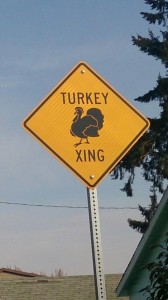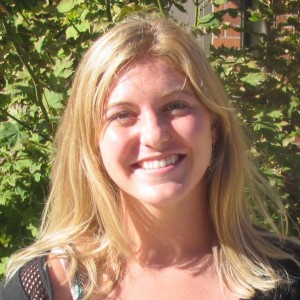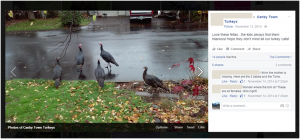By Mariah Dodson
When I began writing this post, I had the bright idea to describe a typical day-in-the-life of a RARE member working in Economic Development and Main Street programs. However I quickly realized that it was nearly impossible for me to define a regular day. Sure, there are some key tasks that must be completed daily, weekly, or monthly, and the meetings, answering phones, and emails that come with most any job. Upon further reflection, it’s actually the lack of routine and categorization that has become one of my favorite parts about my RARE experience.
When starting out in your RARE position, you and your community supervisor will set out a work plan of the benchmarks, deliverables, and goals to be completed during your 11-month placement. This big picture overview serves as a roadmap for the year. Of course things change—some projects fall through and new ones arise.
Maybe one of my favorite (and somewhat bizarre) assignments cropped up unexpectedly last fall:
I’d been around a few months and had begun to prove myself, community members and city staff began to think of me as a utility person who could handle short, specialized tasks. When new ideas or problems came up that didn’t quite fit into any of the wheelhouses of other city positions, it usually landed on my desk. And thus begins the story of my introduction to the Canby Town Turkeys…
A “rafter” of 5-6 wild turkeys had made Canby their home a few years ago. They range free through backyards and neighborhoods across town, and occasionally stop traffic as they stroll down the street. I had no idea at the time, but apparently the Town Turkeys are a big deal—these birds are more active on social media than I am! They have their own Facebook page with 1,230 fans, and dedicated ‘birders’ in town track their location as they meander through their adopted domain. They have become a beloved and quirky asset to our small town.
One night a concerned citizen presented at a City Council meeting, saying that the Canby Town Turkeys needed the protection of crossing signs along select city streets. The next day I was asked to take it on. So how to even go about creating and installing turkey crossing signs I wondered?
After an internet search and a couple phone calls with the Public Works team, we had a design to deliver to the County Sign Shop to fabricate our custom turkey crossing signs. Our concerned citizen was very familiar with their trail patterns, and we placed signs at strategic areas along routes where they most often travel.
All in all, it turned out to be a pretty quick and easy project, but I learned a lot about my position and my community along the way. And wouldn’t you know it that the very first time I laid eyes on one of the famous Town Turkeys, it was standing underneath one of our lovely signs?!
While I’ll admit this story is a silly example, it illustrates a larger point I want to convey about the RARE experience…
Starting out, my work plan focused on strategic plans, business surveys, event planning, and marketing—I never would have imagined that one day I’d be creating turkey –crossing signs when I signed up for RARE.
While you’ll likely get labeled as an ‘intern’ in the beginning, this is like no internship you’ve likely had before. Rather than being confined to rote-tasks or fetching coffee, you’ll get to do REAL work that makes a REAL difference! Your role can be what you make it.
It is true that small rural towns do not have the resources and capacities that other urban areas possess—that’s why RARE is such a great fit for those applicants who want not only a wide depth but also a wide breadth of experience. A lack of capacity in small rural towns means that there are constantly opportunities coming along that no one person or department has the time or ability to handle. So a word of advice: Don’t be afraid to insert yourself where needed and try on a few different hats. Chances are one might fit that you’d never get to try on otherwise working for a large company with narrowly defined positions.
Therefore if you’re the kind of person looking for a challenge and a wide variety of experiences—in other words if you don’t want to be pigeon-holed, but are ready to spread your (turkey) wings and fly—RARE could be for you!
Gobble gobble!

Mariah Dodson
Mariah received her Bachelor of Arts in History with minors in Business and International Studies from Gonzaga University. During college, Mariah participated in the Hogan Entrepreneurial Leadership program, where she focused on learning about creating social ventures to aid in community and economic development. After attaining her bachelor’s degree, Mariah became a Conservation Volunteer with American Conservation Experience, where she worked on projects involving invasive species removal, ecological restoration, fence building, trail work, and dry stone masonry projects. Now in her second year with RARE AmeriCorps – Resource Assistance for Rural Environments, Mariah hopes to further develop her technical skills and leadership and communication abilities. After the RARE program, Mariah plans to begin working on a graduate degree in Landscape Architecture or Urban and Regional Planning.



